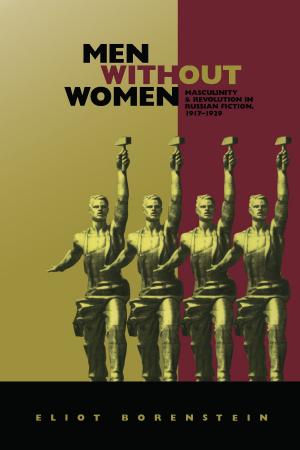Africa in the Indian Imagination
Race and the Politics of Postcolonial Citation
Nonfiction, History, Asian, India| Author: | Antoinette Burton | ISBN: | 9780822374138 |
| Publisher: | Duke University Press | Publication: | March 31, 2016 |
| Imprint: | Duke University Press Books | Language: | English |
| Author: | Antoinette Burton |
| ISBN: | 9780822374138 |
| Publisher: | Duke University Press |
| Publication: | March 31, 2016 |
| Imprint: | Duke University Press Books |
| Language: | English |
In Africa in the Indian Imagination Antoinette Burton reframes our understanding of the postcolonial Afro-Asian solidarity that emerged from the 1955 Bandung conference. Afro-Asian solidarity is best understood, Burton contends, by using friction as a lens to expose the racial, class, gender, sexuality, caste, and political tensions throughout the postcolonial global South. Focusing on India's imagined relationship with Africa, Burton historicizes Africa's role in the emergence of a coherent postcolonial Indian identity. She shows how—despite Bandung's rhetoric of equality and brotherhood—Indian identity echoed colonial racial hierarchies in its subordination of Africans and blackness. Underscoring Indian anxiety over Africa and challenging the narratives and dearly held assumptions that presume a sentimentalized, nostalgic, and fraternal history of Afro-Asian solidarity, Burton demonstrates the continued need for anti-heroic, vexed, and fractious postcolonial critique.
In Africa in the Indian Imagination Antoinette Burton reframes our understanding of the postcolonial Afro-Asian solidarity that emerged from the 1955 Bandung conference. Afro-Asian solidarity is best understood, Burton contends, by using friction as a lens to expose the racial, class, gender, sexuality, caste, and political tensions throughout the postcolonial global South. Focusing on India's imagined relationship with Africa, Burton historicizes Africa's role in the emergence of a coherent postcolonial Indian identity. She shows how—despite Bandung's rhetoric of equality and brotherhood—Indian identity echoed colonial racial hierarchies in its subordination of Africans and blackness. Underscoring Indian anxiety over Africa and challenging the narratives and dearly held assumptions that presume a sentimentalized, nostalgic, and fraternal history of Afro-Asian solidarity, Burton demonstrates the continued need for anti-heroic, vexed, and fractious postcolonial critique.















